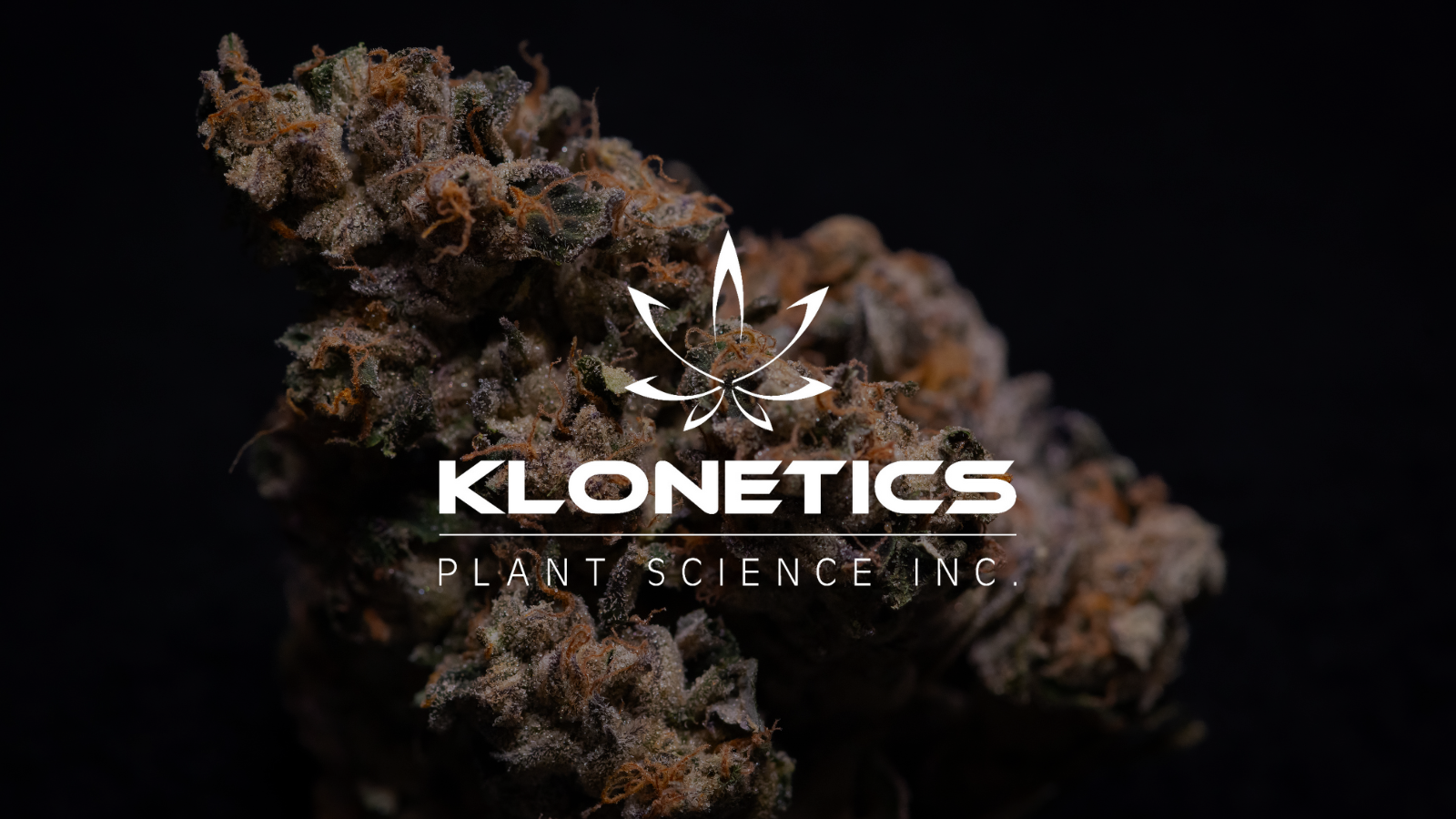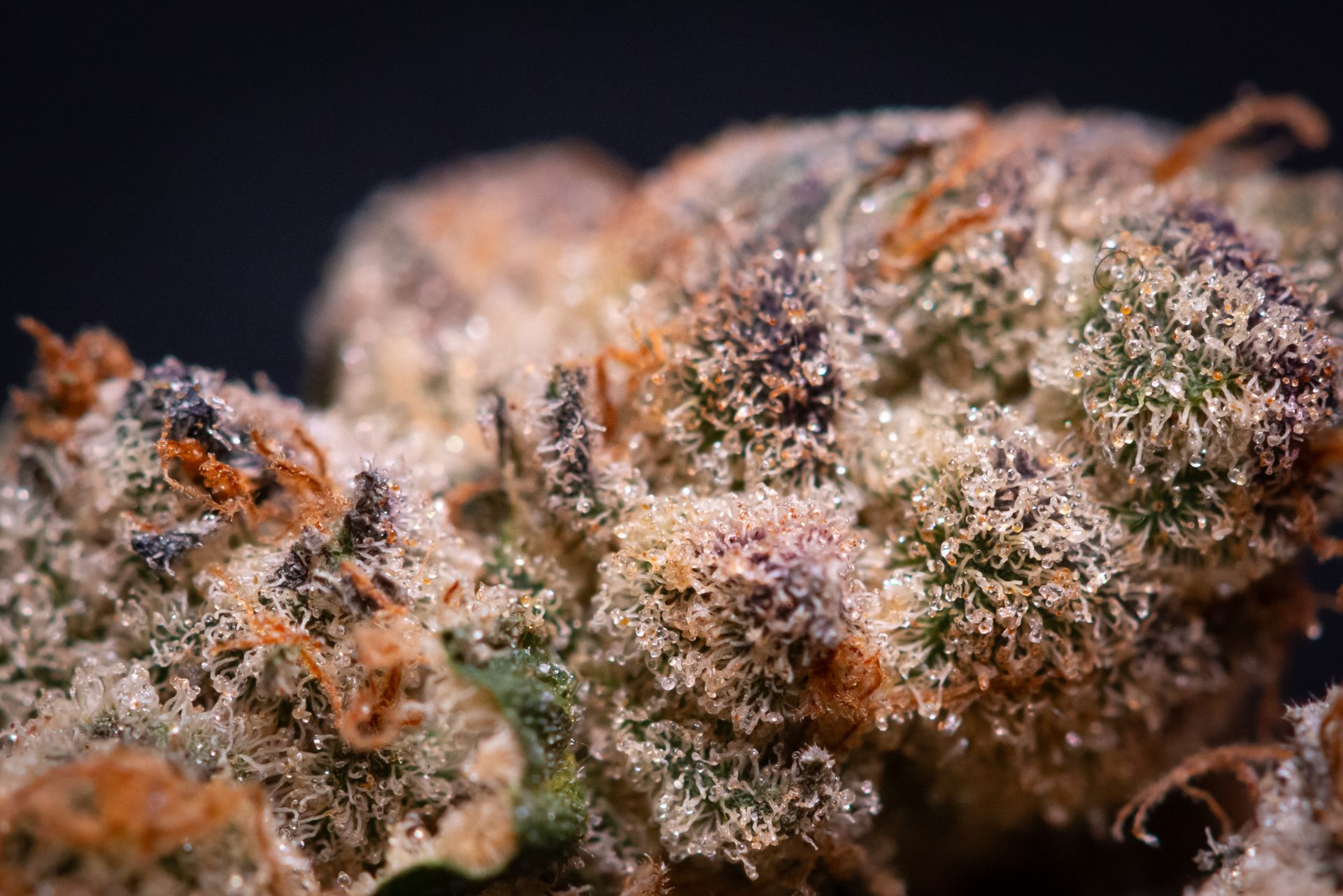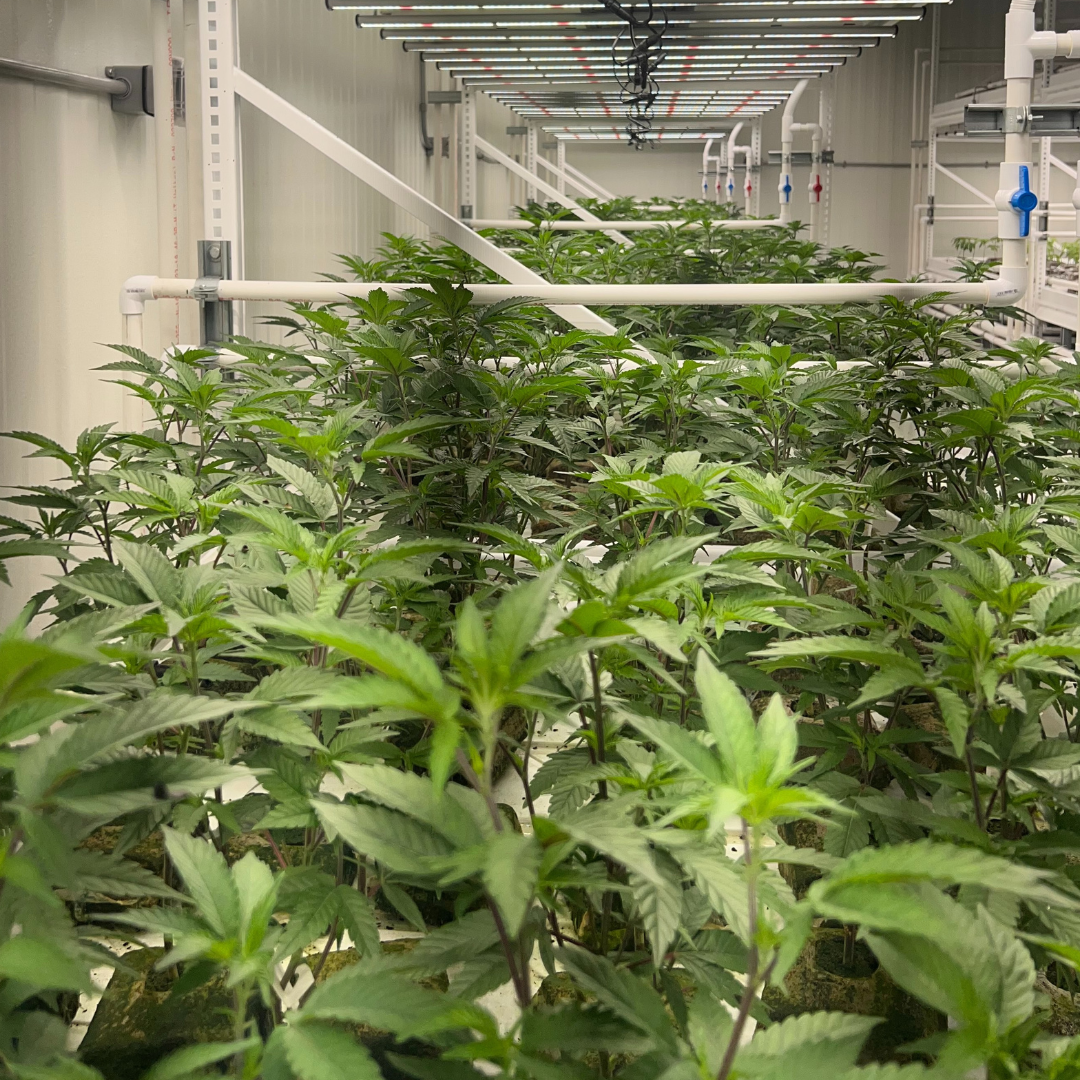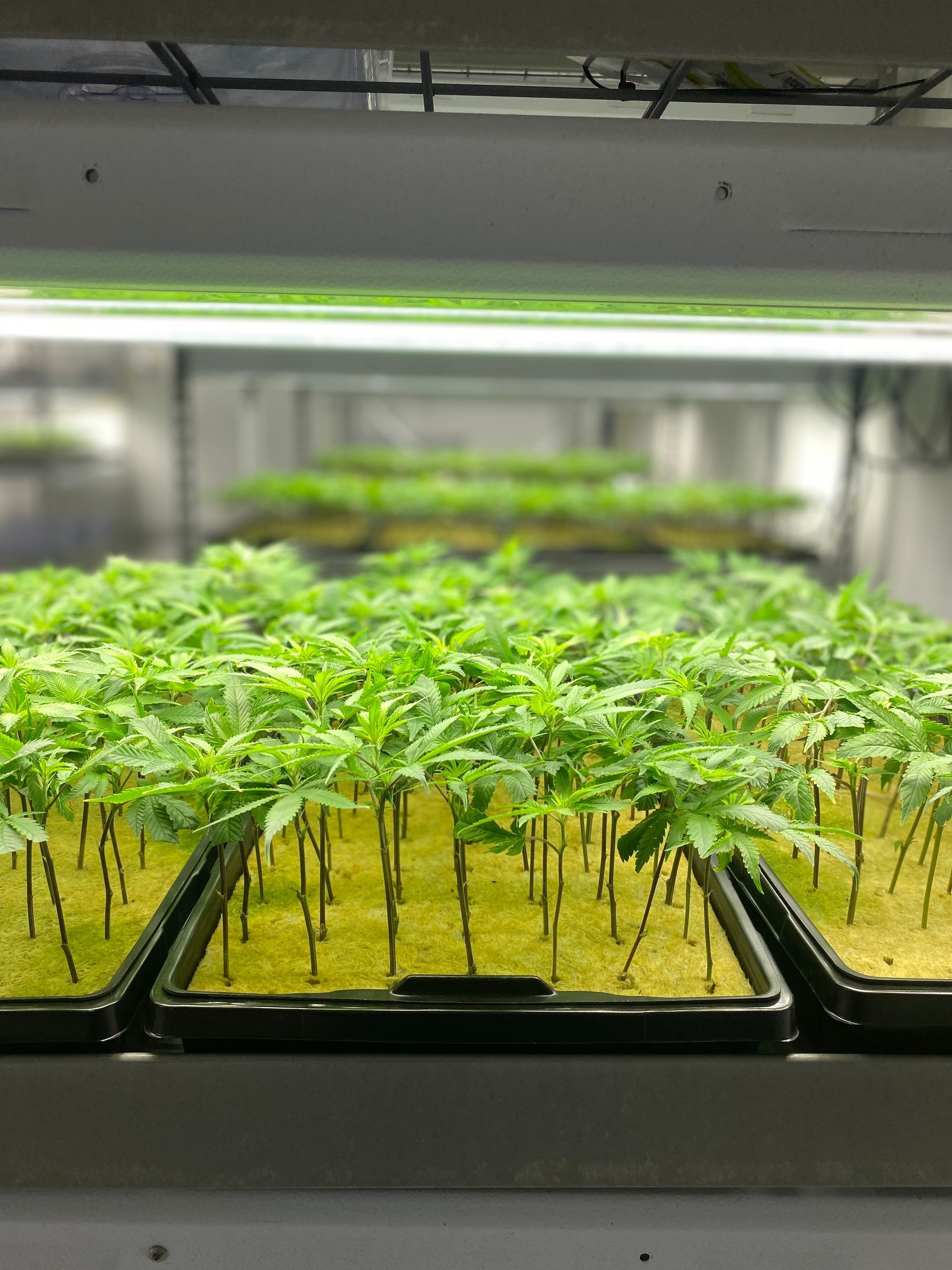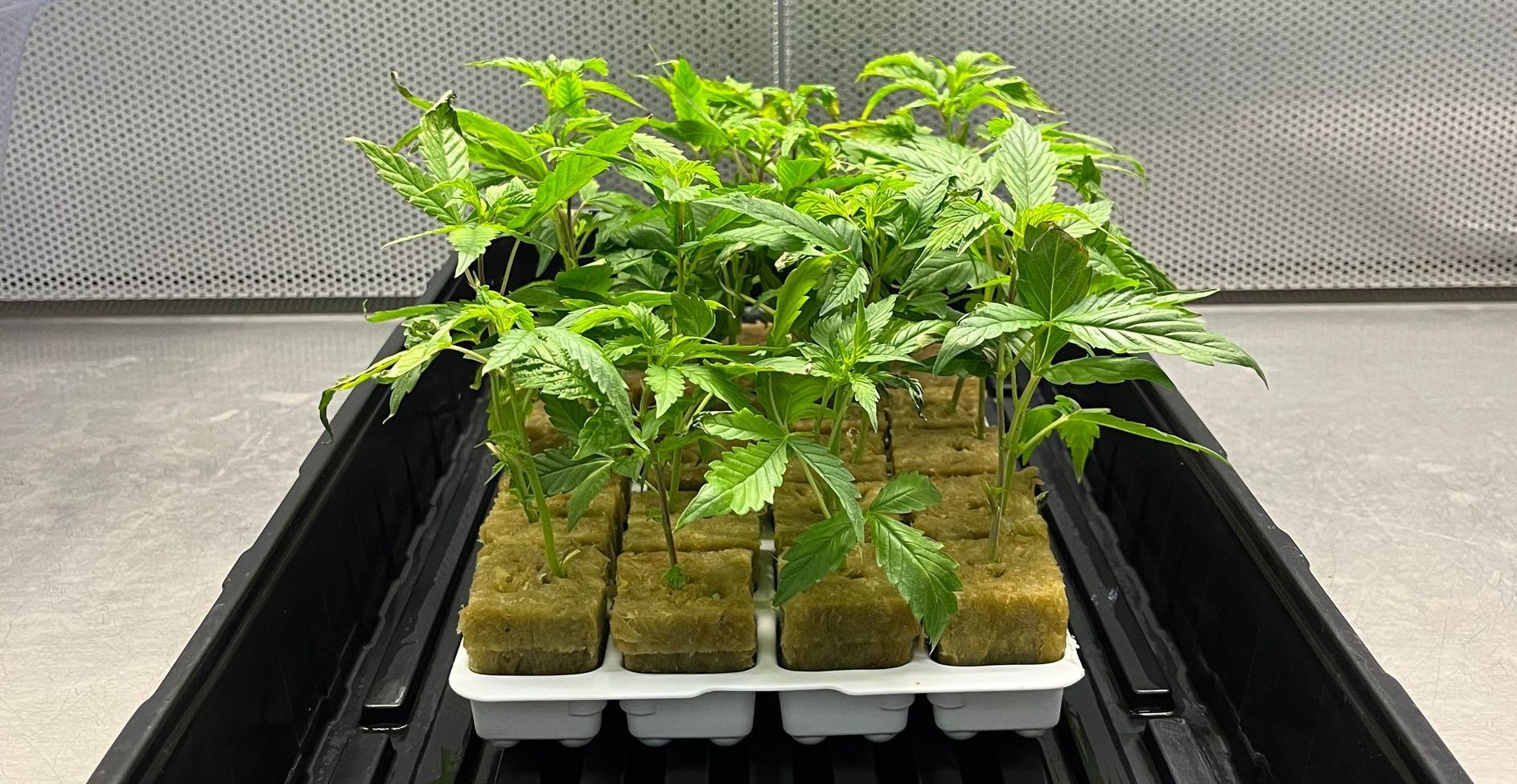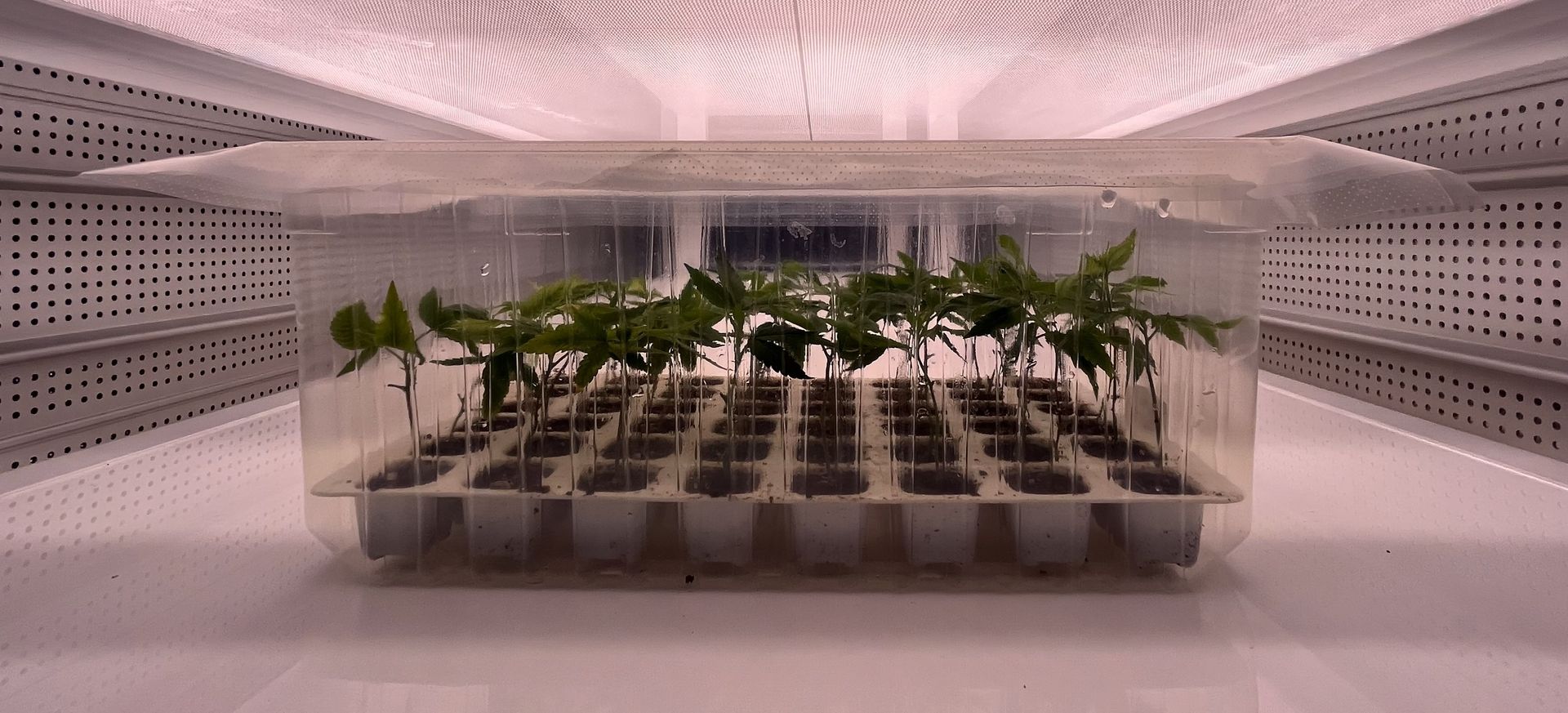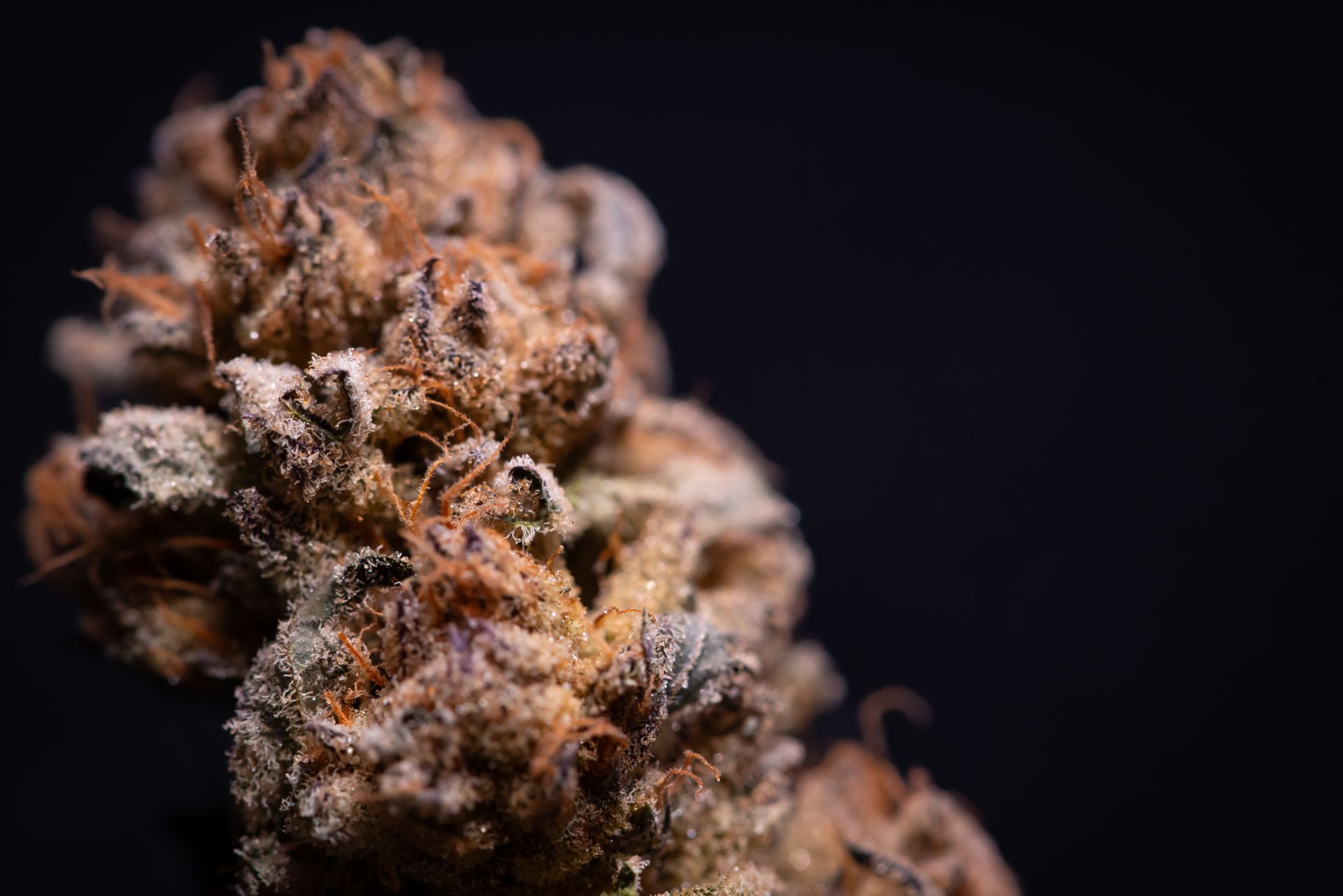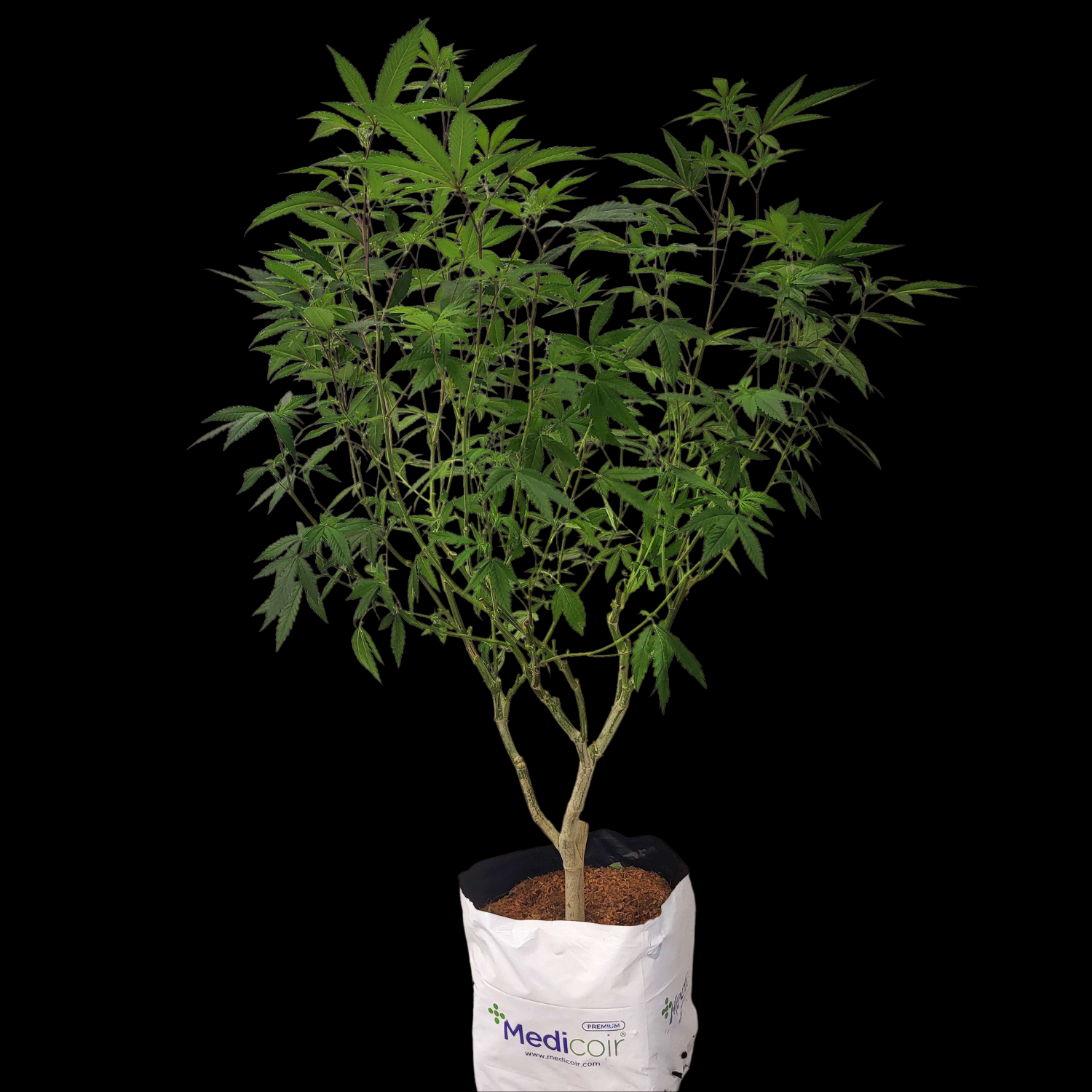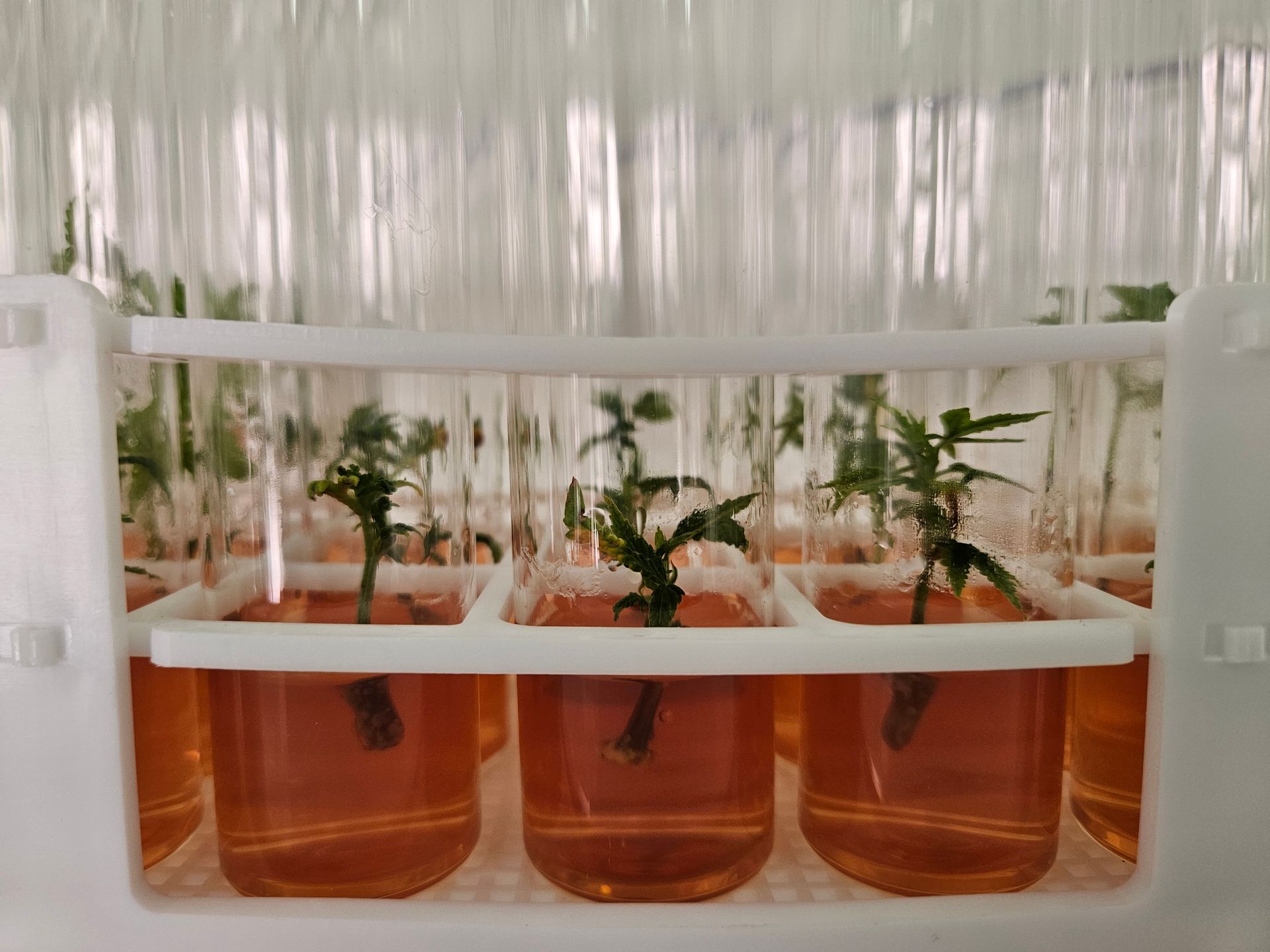Cannabis Growers: Why Lab-Verified Tissue Culture Matters
Cannabis Growers: Why Lab-Verified Tissue Culture Matters
In the competitive world of cannabis cultivation, the choice of propagation method can significantly impact the quality and sustainability of your crops. Lab-verified tissue culture offers an advanced solution, ensuring that the genetics of your cannabis plants remain consistent while eliminating harmful pathogens that could affect their health. This technique not only improves the overall quality of the crop but also promotes more sustainable farming practices.
With cutting-edge technology, cannabis growers can meet market demands by optimizing resource use and reducing risks typically associated with traditional propagation methods. Transitioning to lab-verified tissue culture is a game-changer for the future of cannabis cultivation.
The Importance of Lab-Verified Tissue Culture
Tissue culture is a scientific process where plant cells are cultivated under sterile conditions, producing plants that are genetically identical to the original. This method ensures consistency across all plants, which is critical for growers looking to maintain high standards in both quality and yield.
Unlike traditional cloning, which can expose plants to pests and contamination, lab-verified tissue culture provides a pathogen-free environment, leading to healthier crops and reduced risks of crop loss.
The Evolution of Cannabis Cultivation
Cannabis cultivation has evolved dramatically, from small-scale growing operations to large agricultural businesses. As the industry grows, so does the need for improved farming techniques.
The demand for medical cannabis has surged, driving the need for innovative methods to ensure the highest quality product. With advancements in tissue culture, growers can increase production efficiency and ensure their plants meet strict market standards for cannabinoid content and quality.
Tissue culture allows for the preservation of vital cannabis genetics, ensuring that important traits such as high THC content, unique terpene profiles, and resistance to pests and diseases are maintained. This method also supports the global distribution of cannabis genetics, making it easier for producers to scale their operations.
Understanding Cannabis Genetics
At the core of successful cannabis cultivation lies an understanding of plant genetics. Cannabis genetics determine everything from yield potential to flavor, potency, and resistance to environmental stressors. Tissue culture ensures that these genetic traits are preserved and replicated consistently across crops.
Through tissue culture, growers can select and propagate plants with the most desirable traits, ensuring uniformity and quality across their entire production. This method also helps in preserving rare and valuable genetic material, providing growers with a sustainable solution for long-term cultivation.
Benefits of Cannabis Tissue Culture
The advantages of tissue culture for cannabis growers are significant:
- Genetic Stability: Tissue culture allows for the production of genetically identical plants, ensuring consistency in quality and yield.
- Pathogen-Free Plants: The sterile environment of tissue culture eliminates nearly all risks of contamination, providing healthy, disease-free plants.
- Higher Yields: Tissue culture can increase yields by up to 30%, and cannabinoid content can see a boost of 15-20%.
- Space Efficiency: Growers can produce more plants in a smaller space, reducing the physical footprint of their operations.
- Preservation of Genetic Material: Tissue culture allows for the long-term storage and preservation of important cannabis strains.
Pathogen-Free Cannabis Plants
One of the most critical benefits of tissue culture is its ability to produce pathogen-free plants. Traditional cloning methods often carry the risk of introducing diseases into crops, which can devastate an entire grow operation. Tissue culture, on the other hand, provides a clean start for every plant, dramatically reducing the risk of disease.
Healthier plants not only lead to higher yields but also to a more sustainable cultivation process. By eliminating the need for excessive chemical treatments to combat pests and diseases, tissue culture supports a more environmentally friendly approach to cannabis farming.
The Role of Lab Testing in Cannabis Cultivation
Lab testing plays a vital role in ensuring that cannabis products meet safety and quality standards. As the cannabis industry expands, so does the variety of products, including edibles, oils, and concentrates. Testing ensures that harmful substances, such as pesticides or heavy metals, are not present in the final product, providing peace of mind for both growers and consumers.
Tissue culture methods, combined with lab testing, ensure that growers can confidently produce cannabis that meets all regulatory standards while also delivering consistent, high-quality products to the market.
Micropropagation and Its Importance
Micropropagation, a specialized form of tissue culture, enables growers to produce large numbers of genetically identical plants quickly and efficiently. This method is particularly beneficial for commercial cannabis growers who need to scale their operations to meet increasing demand.
Micropropagation techniques include selecting the best plant tissues, ensuring they are free from contaminants, and providing a nutrient-rich environment to promote healthy growth. This method offers greater control over the quality and consistency of plants compared to traditional cloning techniques.
Choosing the Right Cloning Services
For cannabis growers, selecting a reliable cloning service is essential for ensuring the health and genetic stability of their crops. When choosing a tissue culture provider, it's important to look for a company with a strong track record of producing clean, high-quality plants.
Lab-verified tissue culture services, like those offered by Klonetics Plant Science, provide growers with a level of assurance that their crops will be free from contamination and will maintain the desired genetic traits. This not only helps growers meet market demands but also protects their investment in cultivation.
Long-Term Benefits for Cannabis Growers
By adopting lab-verified tissue culture practices, cannabis growers can ensure the long-term success of their operations. These techniques allow for more sustainable cultivation, higher yields, and a more consistent product. Tissue culture also offers a solution for overcoming many of the challenges faced by traditional cannabis growers, such as pests, diseases, and genetic variability.
As the cannabis industry continues to grow, tissue culture will play an increasingly important role in helping growers stay competitive. By embracing these innovative methods, growers can produce healthier, higher-quality plants that meet the demands of an ever-expanding market.
Conclusion
Lab-verified tissue culture is the future of cannabis cultivation. It ensures genetic stability, reduces the risk of contamination, and increases yields, making it an essential tool for modern growers.
By working with trusted providers like Klonetics Plant Science, cannabis producers can ensure they are delivering the highest quality product to the market, while also promoting long-term sustainability in their cultivation practices.
Tissue culture is more than just a growing technique—it's a vital component in the future success of cannabis farming. Growers who embrace this technology will be better positioned to meet market demands, improve the quality of their crops, and secure their place in the ever-evolving cannabis industry.


